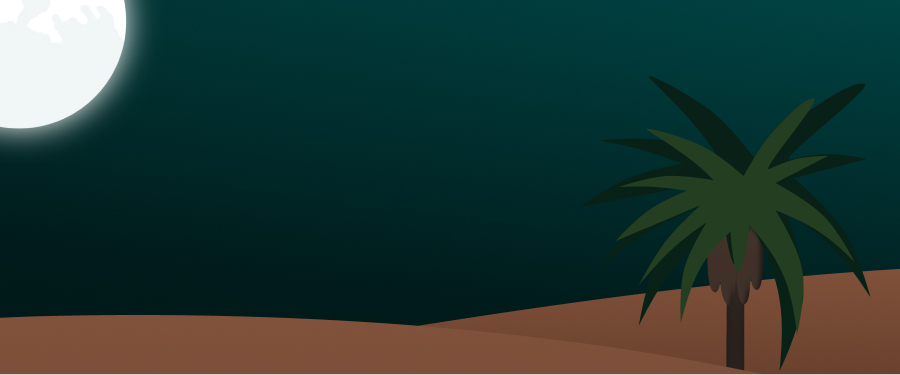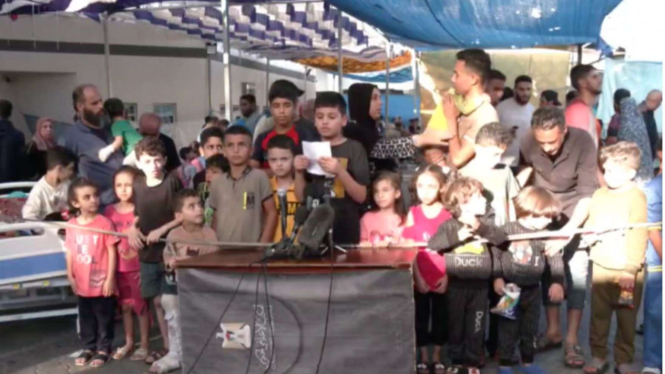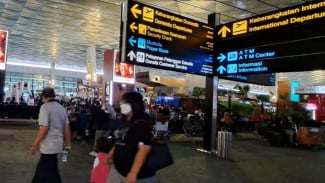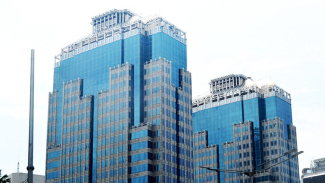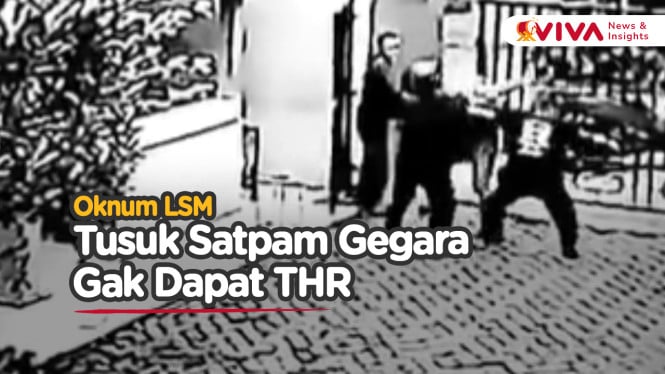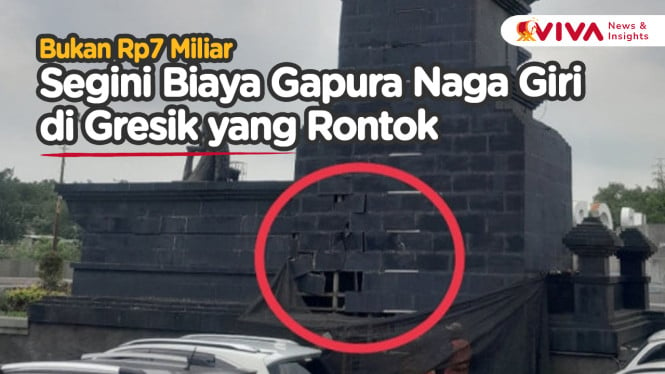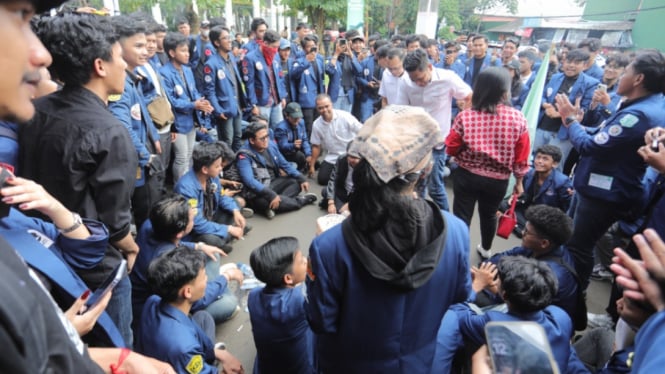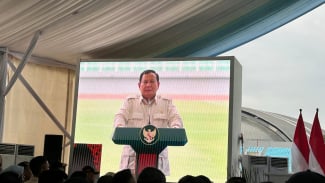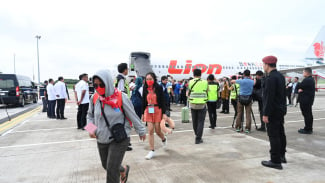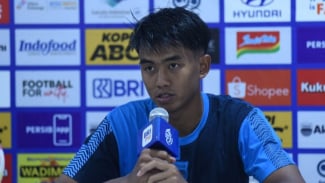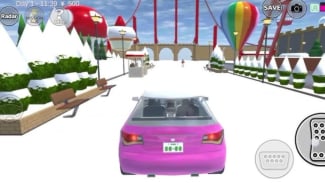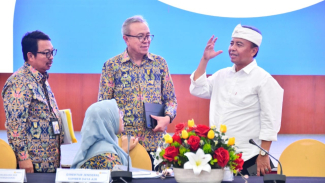UN Highlights Children Denied Access to aid in World’s War Zones
- Twitter Video
Jakarta – Children are being denied access to lifesaving humanitarian assistance in conflict zones around the world in a blatant disregard for international law, a senior United Nations official said on Wednesday.
“Let me be very clear: The Geneva Conventions and the Convention on the Rights of the Child contain key provisions requiring the facilitation of humanitarian relief to children in need,” Virginia Gamba, the United Nations envoy on children and armed conflict, told a meeting of the Security Council.
“The denial of humanitarian access to children and attacks against humanitarian workers assisting children are also prohibited under international humanitarian law,” she said.
Her office verified nearly 4,000 such denial of aid cases in 2022, she said, with the Occupied Palestinian Territory, Yemen, Afghanistan and Mali having the highest number. Gamba said the data for her office’s upcoming report shows the negative trend continuing.
“Some situations involve high levels of arbitrary impediments and/or outright denial of humanitarian access to children, including in situations such as in the Occupied Palestinian Territory, and in Haiti to name but two,” she remarked.
Gamba said denial of aid access is linked to the restriction of humanitarian activities and movements; interference with humanitarian operations and discrimination against aid recipients; direct and indiscriminate attacks on civilian infrastructure; disinformation; looting; and the detention of, violence against and killing of humanitarian personnel.
Polisi mengevakuasi seorang wanita bersama anaknya di Gaza.
- AP Photo/Tsafrir Abayov.
Children are especially affected by the lack of nutrition, education and health care, which can have lifelong consequences. Gamba said it is even more catastrophic for disabled children. And it also impacts boys differently than girls.
“For instance, restrictions to girls’ movement challenge their access to aid in areas where it may be distributed, including in internally displaced persons camps, while teenage boys could be perceived as associated with an opposing party and, therefore, denied that access,” she explained.
Gamba called upon all parties to allow and facilitate safe, timely and unimpeded humanitarian access, as well as access by children to services, assistance and protection, and to ensure the safety and security of humanitarian personnel and assets.
She stated that hospitals, schools and their staff must also be protected under international humanitarian law.
The deputy executive director of the UN. children’s agency, UNICEF, urged the Security Council to help humanitarians get the access they need. Ted Chaiban underscored that aid groups need more exemptions in sanctions resolutions for their work; they need to be able to engage with all armed groups without fear of consequences; as well as access across borders and conflict lines.
"Around the world, our teams on the ground are working under increasingly difficult operational circumstances to access children,” Chaiban said, adding they are committed to staying and delivering.
“Children are the first to suffer and the ones who will carry the longest-lasting humanitarian consequences,” he said.
“Parties have a legal and moral responsibility to ensure children’s access to humanitarian services," he concluded, as reported from VOA site.

